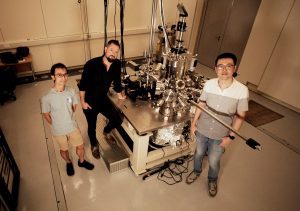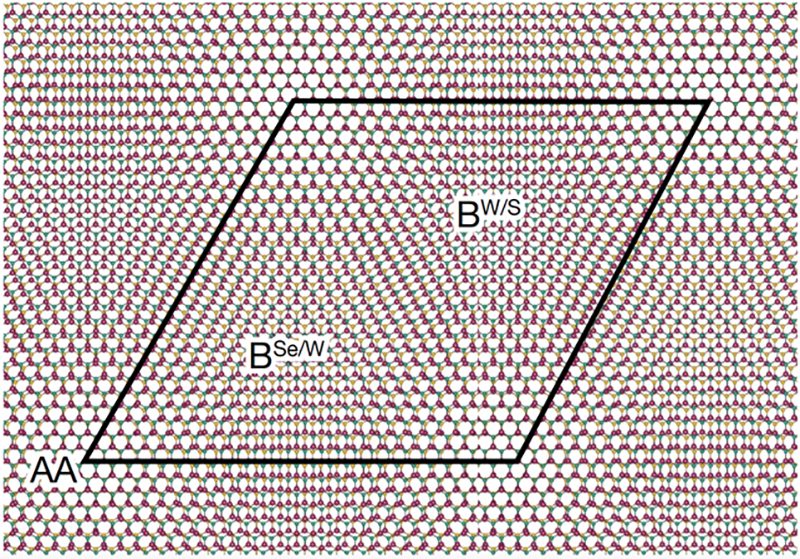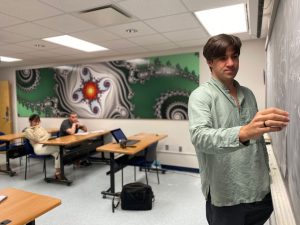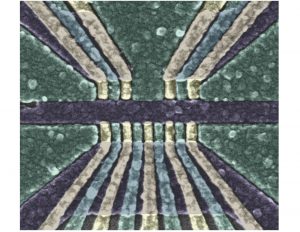
A discovery by scientists led by Nanyang Technological University, Singapore (NTU Singapore), on how electrons can be controlled at very low temperatures, suggests a way for addressing this problem and developing more robust and accurate quantum computers. Source: Nanyang Technological University, Singapore The post Electrons That Flow Like Liquids Pave the Way for Robust Quantum […]

The integral role genomics played in combating the COVID-19 pandemic brought this field to the forefront of the public’s mind as new variants were continually announced. Genomics enabled near real-time monitoring of the spread of the virus as well as estimating vaccine efficacy. As home tests have supplanted surveillance testing, decreasing access to virus samples, […]

A team of scientists led from Carnegie Mellon University (CMU) has trained artificial intelligence (AI) on data from simulated clusters of galaxies, in which the composition of all the components is known. This AI went on to predict a mass for the real-world Coma Cluster of galaxies that agrees with those from earlier, more human-labor-intensive […]

Researchers at Princeton found that a material known as a topological insulator, made from the elements bismuth and bromine, exhibit specialized quantum behaviors normally seen only under extreme experimental conditions of high pressures and temperatures near absolute zero. The finding opens up a new range of possibilities for the development of efficient quantum technologies, such […]

Supercomputer simulations have helped scientists reveal in a bilayer moiré system a new species of an electronic phenomenon called an exciton, which is an electrically neutral quasiparticle, yet one that can carry energy and consists of an electron and electron ‘hole’ that can be created for example by light impinging certain semiconductors and other materials. […]

As the race to develop large-scale, reliable quantum computers gains speed, fortification efforts are ramping up to protect digital systems from a technology that could utterly obliterate their security. Commonwealth Cyber Initiative researchers at Virginia Tech and George Mason University are developing security protocols to fend off cyberattacks — both from today’s computers and from […]

A tremendous portion of the world depends on the output of the oceans’ major fisheries, which have, in recent decades, found themselves under near-constant threat from mismanagement (e.g. overfishing). Climate change, of course, clouds the future of these fisheries even more – and now, researchers are leveraging the power of supercomputing to predict how climate […]

Researchers at the University of Rochester have recently introduced a new strategy to coherently manipulate either single or multiple electron spins in silicon quantum dots. This method, introduced in a paper published in Nature Physics, could open new possibilities for the development of reliable and highly performing quantum computers. The post New Study Achieves Coherent […]

In two papers published in Nature Communications in December, researchers from the University of Wisconsin–Madison, the University of New South Wales and TU-Delft showed that tweaking a qubit’s physical structure, known as a silicon quantum dot, creates sufficient valley splitting to reduce computing errors. The findings turn conventional wisdom on its head by showing that a […]

The immediate impacts of climate change and land-use change are severe enough, but increasingly, researchers are warning that large enough changes can then snowball into catastrophic changes. New, supercomputer-powered research from Giovanni Strona (a senior researcher with the European Commission’s Joint Research Centre, or JRC) and Corey Bradshaw (a professor at Flinders University in Australia) […]










